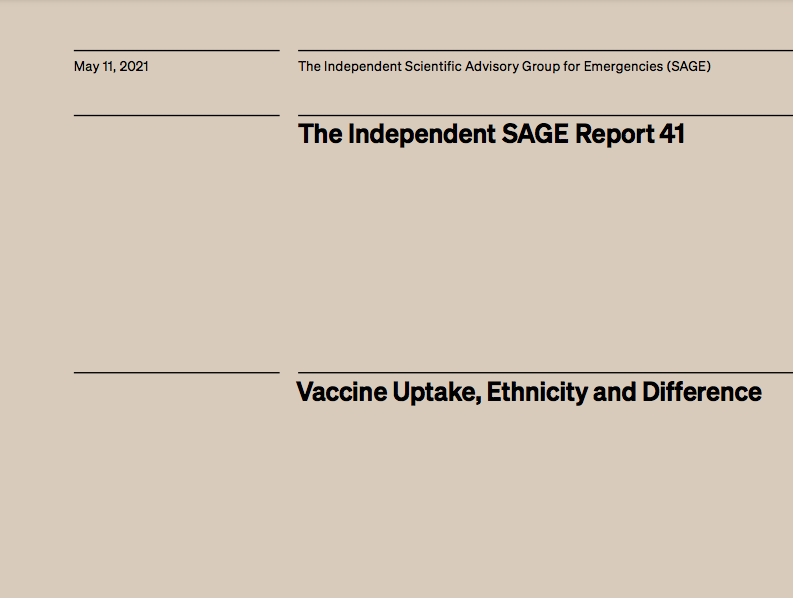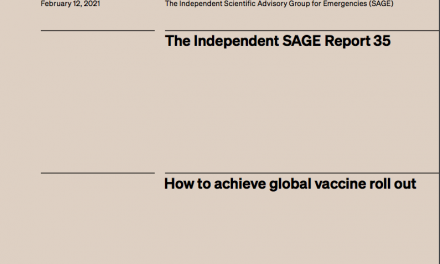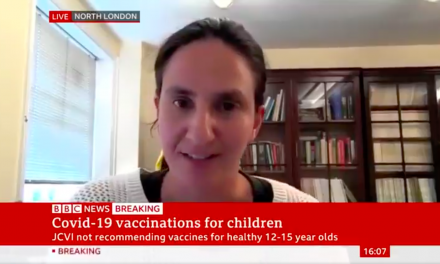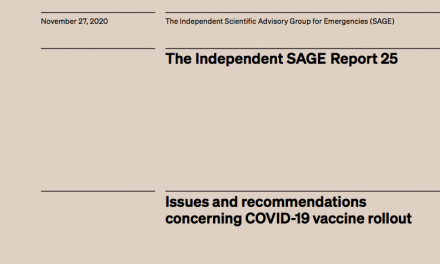The widespread roll out of COVID-19 vaccines is central to the country regaining ordinary social and economic life. Surveys showing that some people expressed reluctance to take up the vaccine when offered it were, therefore, often met with surprise and often disapproval and incomprehension at what some journalists and politicians considered as irresponsible attitudes that could damage the whole population by reducing immunity.
As the vaccine rollout has gathered pace, it has become clear that the vast majority of those offered the chance of the vaccination do take up the offer and are vaccinated, with over 90% of those offered vaccines receiving vaccinations. There were, however, different vaccine uptake rates for different ethnic groups. Widespread reports that black and Asian people are more likely than other groups to say that they would not accept the vaccine were frequently interpreted as due to ignorance. However, there is increasing media attention to more complex reasons for reported intention not to be vaccinated, including access. issues This briefing paper considers the multifaceted reasons for refusal of the COVID-19 vaccine and what is likely to encourage maximum uptake. It addresses three issues: intersectional factors in vaccine uptake; the dynamic nature of uptake, and effective strategies for maximising vaccine uptake.





